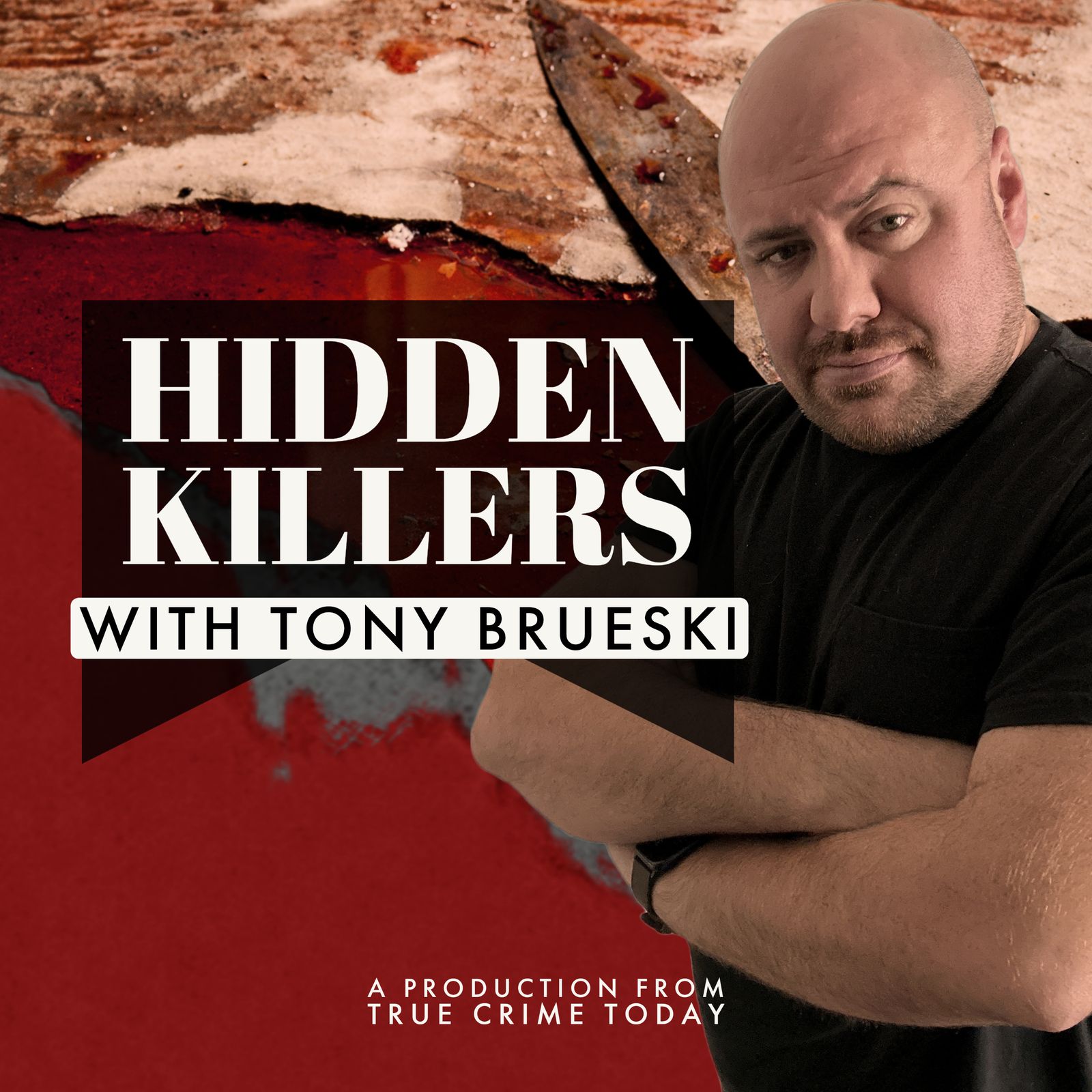- After-Shows
- Alternative
- Animals
- Animation
- Arts
- Astronomy
- Automotive
- Aviation
- Baseball
- Basketball
- Beauty
- Books
- Buddhism
- Business
- Careers
- Chemistry
- Christianity
- Climate
- Comedy
- Commentary
- Courses
- Crafts
- Cricket
- Cryptocurrency
- Culture
- Daily
- Design
- Documentary
- Drama
- Earth
- Education
- Entertainment
- Entrepreneurship
- Family
- Fantasy
- Fashion
- Fiction
- Film
- Fitness
- Food
- Football
- Games
- Garden
- Golf
- Government
- Health
- Hinduism
- History
- Hobbies
- Hockey
- Home
- How-To
- Improv
- Interviews
- Investing
- Islam
- Journals
- Judaism
- Kids
- Language
- Learning
- Leisure
- Life
- Management
- Manga
- Marketing
- Mathematics
- Medicine
- Mental
- Music
- Natural
- Nature
- News
- Non-Profit
- Nutrition
- Parenting
- Performing
- Personal
- Pets
- Philosophy
- Physics
- Places
- Politics
- Relationships
- Religion
- Reviews
- Role-Playing
- Rugby
- Running
- Science
- Self-Improvement
- Sexuality
- Soccer
- Social
- Society
- Spirituality
- Sports
- Stand-Up
- Stories
- Swimming
- TV
- Tabletop
- Technology
- Tennis
- Travel
- True Crime
- Episode-Games
- Visual
- Volleyball
- Weather
- Wilderness
- Wrestling
- Other
BTK Task Force Member Joni Johnston Talks Next Steps In Investigation
In the recent episode of the podcast "Hidden Killers," Tony Brueski engaged in a chilling conversation with Clinical and forensic psychologist & licensed private investigator Joni Johnston about the notorious BTK (Bind, Torture, Kill) murderer, Dennis Rader. As more potential victims and connections to Rader emerge, the question that looms large is: how many secrets does the BTK killer still keep?
The conversation unveiled Johnston's association with a nationwide task force formed to probe deeper into the BTK's unresolved crimes. She revealed, "We all signed nondisclosure agreements... our role is just to look at the evidence... to see if there is any connection between Dennis Rader and some of the crimes that... appear to be potentially connected to him."
Gary Upton, a key informant, had previously pointed out that there might be four potential connections to Rader. The Cynthia Kinney case stands out among them, primarily because of the eerie drawings by Rader that mirror some aspects of the crime scene.
"The challenging thing when you're talking about drawings... is we know that serial killers... will journal or they'll draw, you know, both fantasies that they have as well as potentially crimes they've committed," Johnston said, highlighting the unsettling intersection of fantasy and reality in Rader's drawings and photographs. These artifacts often act as a macabre catalog of a serial killer's conquests, but discerning fact from fiction is no straightforward task.
Diving deeper into the psyche of Rader, Johnston reflected on the duality of his nature: the sadist in him that derived pleasure from torturing his victims, and the side that seemed to derive an equal amount of satisfaction by envisioning himself as the victim. She theorized, "This is somebody who is attempting to... relive the pleasure he experienced at the time by almost acting out his own kind of play or movie."
But why, despite being offered immunity, has Rader not come forward to clarify these potential connections? With his physical health deteriorating but mental faculties still sharp, the motivations behind his silence remain an enigma. While Johnston believes that only Rader can answer that question definitively, Kerry Rawson, Rader’s daughter, has been invaluable in aiding the task force and law enforcement over the years, suggesting she might have some insight.
Johnston further alluded to suspicions about Rader initiating his violent streak during his Navy tenure overseas, a period he hasn’t spoken about. She emphasized, "I don't think we can rule him out, but it does raise a question."
Brueski then brought up an intriguing point about Rader’s current relationship with media attention. It appears Rader has found a renewed interest in the limelight, offering unsolicited insights into various cases. This behavior begs the question: is he genuinely trying to help, or is this another twisted game?
A significant concern raised during the discussion was the role of potential media opportunism, specifically the risk of a reality TV show influencing the investigation. Responding to this, Johnston candidly expressed her hopes that the integrity of the task force remains uncompromised, emphasizing, "The check or the reality check is always going to be the evidence or lack thereof."
The quest for the truth, bolstered by evidence from Wichita's untouched archives, remains the primary objective. Johnston concluded with a heartfelt sentiment, hoping for "directions of closure for some of these families."
But as we reflect on the chilling details discussed in "Hidden Killers", another unsettling question arises: how many more "hidden killers" remain buried in the annals of crime, waiting to be uncovered?
Want to listen to ALL of our podcasts AD-FREE? Subscribe through APPLE PODCASTS, and try it for three days free:

